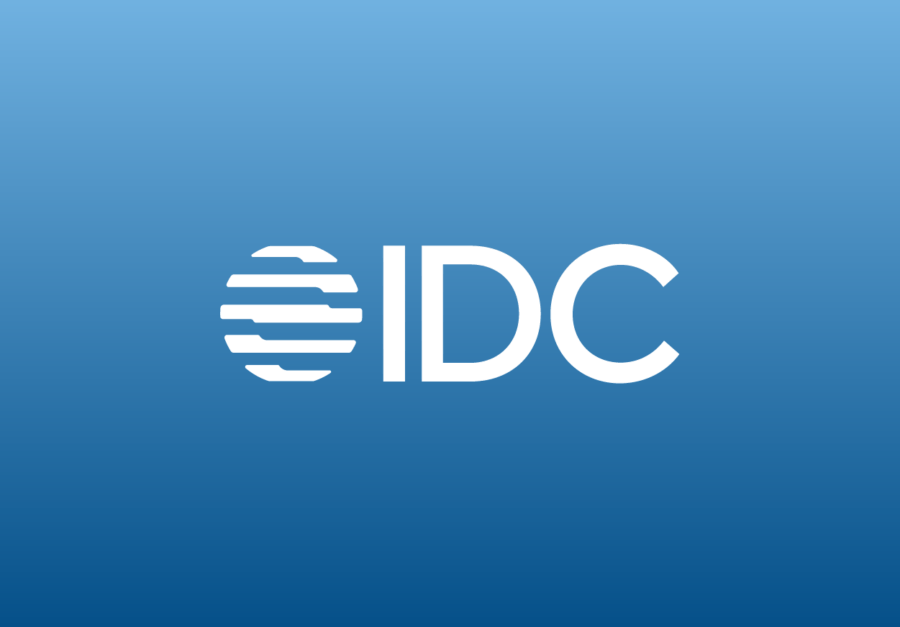Blog
FASB Considering Supply Chain Finance Disclosures

The Financial Accounting Standards Board (FASB) recently announced they are evaluating options for organizations to make disclosures about the value of their supply chain financing arrangements.
Specifically, the FASB is proposing that “that the buyer should disclose a rollforward of the amount confirmed by the buyer that is outstanding at the end of the reporting period. The proposed Accounting Standards Update is being drafted and will be voted upon, following a 90-day comment period for the proposed update.” Kyriba is fundamentally supportive of the increased transparency that the proposal will bring. We believe that increased and consistent transparency will help stakeholders properly assess the financial standing of a corporate. While there are more details forthcoming, reporting requirements are not expected to be onerous and a modernized supply chain finance platform will be able to meet the requirements.
Requests for greater disclosures
Most companies classify supply chain finance arrangements as account/trade payables on their balance sheets, with no requirement to disclose whether these balances include supply chain finance programs. With some bad practices in the market involving aggressive payment term extension and large corporate buyers flexing their power over suppliers creating prominent headlines, it has made external parties question whether supplier financing is nothing more than “hidden-debt”.
The shocks of the past few years have tested the resolve of the Supply Chain Finance product and the demand for it. The collapses of Carillion, NMC Health and Greensill have really brought Supply Chain Finance to the forefront. Having been through a financial cycle, supply chain finance has reached a stage of maturity that it can now be considered an established and entirely legitimate financial product. The proposal from FASB only serves to support supplier financing programs by offering improved visibility.
The prospective FASB resolution is partially in response to Rating Agencies’ and Accounting Firms’ requests for more guidance, clarity and ultimately transparency about the use of Supply Chain Finance across corporate institutions. Up until now, there has been no requirement to state whether an early payment program was in place nor to what extent.
A simple financial analysis can help to infer the presence of an SCF program, despite the fact that there are varying levels of transparency offered in firms’ financial statements.
The proposed disclosures will help create a level playing field enabling the underlying health of company’s financials to be better assessed and hence more accurately allocate capital and price risk accordingly.
Disclosure vs re-classification
Disclosure of the existence and size of a Supply Chain Finance program is very different than the re-classification of a Supply Chain Finance program as debt.
With disclosure will come further discussion with auditors and accounting standards bodies. While there is no specific guidance under U.S. GAAP that addresses the classification of these programs, what can be determined is that classification is largely a facts and circumstances determination having reviewed all features of the SCF program. The core question for determining whether an SCF payable obligation constitutes a trade payable or a debt obligation is whether the existence of the SCF program fundamentally changes the character of the payment obligations.
Taking reactionary approaches to the disclosure and reclassifying the obligations based on the few examples that took Supply Chain Finance to its extremities is certainly not the right approach. The few high-profile collapses of companies such as Carillion, Abengoa and NMC Health have rightly raised concerns about how the product can be used, but the industry should take what happened in these cases as warning signals or red flags as to when companies have got SCF wrong.
When making the assessment of classification, simply the existence of a supply chain finance program should not be seen as a warning signal.
Opportunities for Supply Chain Finance?
Much has been made about the perceived secretive world of Supply Chain Finance resulting from the cases referred to, but this is unlikely to be the pivotal or shocking moment that some in the industry have made it out to be.
With additional disclosure, external parties will be able to assess the financial position of each company more reliably and consistently. This will likely eliminate questionable supplier financing practices in the market and call out aggressive firms playing on the very edges. In creating a disclosure framework, supply chain finance participants ultimately benefit as supply chain finance programs become a more recognised tool for corporate use.
This will further accelerate the transition from supply chain finance programs being used purely to improve the buyer’s working capital and lean towards delivering higher order value for suppliers.
Business have had to overcome a multitude of supply chain challenges, as COVID-19, trade wars, political realignments and ships getting stuck in canals tested the resilience of global supply chains. This has emphasized the desire to support suppliers by implementing program that can optimize their cash flow and liquidity, as well as promoting sustainable practices in step with the growing ESG movement.
Those organizations who recognize that Supply Chain Finance is far more than a tool to help optimize their own payment terms will thrive.
For those that see the increased FASB disclosure proposal as a significant hurdle – especially those with disparate SCF programs across multiple jurisdictions and partnered with different banks or funding partners – consolidating disclosures into one reporting package can be easily managed with the right technology, such as Kyriba’s Working Capital platform.
About Kyriba
Kyriba is a leading provider of Supply Chain Finance and Dynamic Discounting solutions. Our bank agnostic solution gives our customers control and visibility over their entire supply chain, on a single cloud platform, ensuring that you have reporting and business intelligence dashboards from the supplier onboarding stage all the way through to a centralized reporting and visual dashboards.












